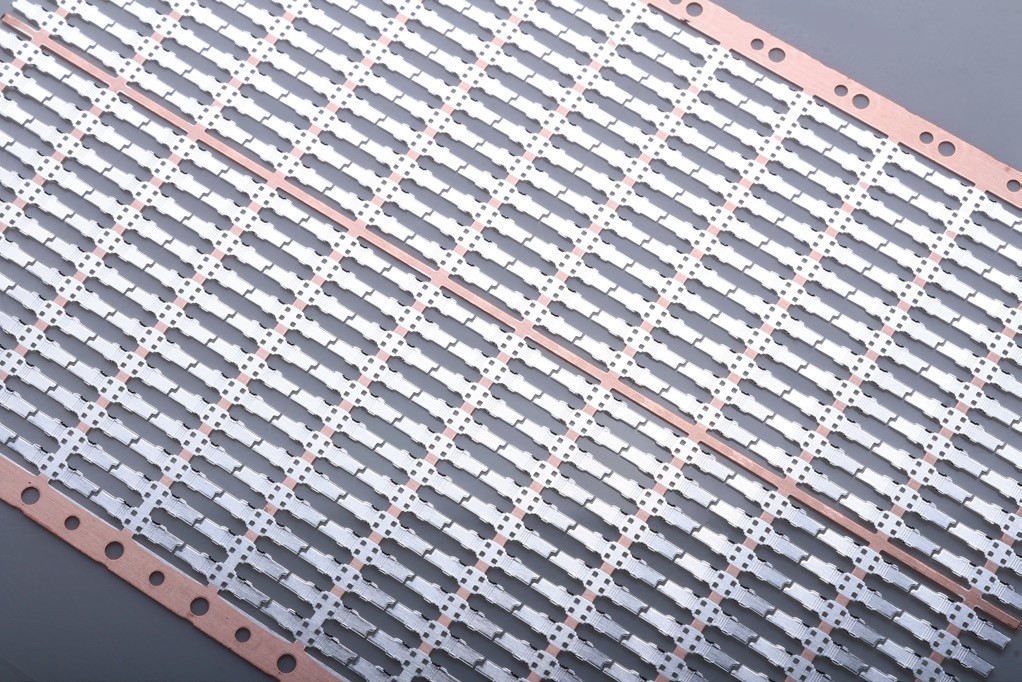Products
Transfer molded parts for medical components are specialized components produced through the transfer molding process, which involves transferring a preheated polymer into a mold cavity to create precise and functional parts for medical applications. These parts are critical in ensuring the performance, safety, and reliability of medical devices and equipment.
Key Features:
Precision and Accuracy: Transfer molding allows for high precision and accuracy in producing complex shapes and detailed features required for medical components.
Material Versatility: The process can accommodate a range of materials, including high-performance polymers that are suitable for medical applications, offering various mechanical, chemical, and thermal properties.
Enhanced Durability: Transfer molded parts are designed to meet the stringent durability and performance standards necessary for medical components, ensuring they can withstand the demanding conditions of medical environments.
Manufacturing Process:
Design: Develop detailed designs for medical components, specifying the dimensions, shapes, and features required for the part.
Material Preparation: Prepare the polymer material by preheating it to the desired viscosity and temperature for transfer molding.
Mold Preparation: Prepare the molds, ensuring they are designed to accommodate the complex shapes and features of the medical components.
Transfer Molding: Transfer the preheated polymer into the mold cavity under pressure. The material fills the mold, taking on the desired shape as it cools and solidifies.
Post-Processing: After molding, the parts undergo additional processes such as trimming, inspection, and functional testing to ensure they meet medical industry standards.
Applications:
Medical Devices: Used in components of medical devices such as surgical instruments, diagnostic equipment, and treatment apparatus, where precision and reliability are critical.
Healthcare Equipment: Applied in parts for healthcare equipment including patient monitoring systems, infusion pumps, and imaging devices.
Implants and Prosthetics: Utilized in manufacturing implants and prosthetics that require high precision and biocompatibility.
Drug Delivery Systems: Employed in components for drug delivery systems, such as pumps and injectors, which must meet strict performance and safety standards.
Advantages:
High Precision: Transfer molding provides excellent precision and detail, making it suitable for complex and intricate medical components.
Material Flexibility: Capable of using a variety of high-performance materials suitable for different medical applications.
Enhanced Performance: The process ensures that parts meet high durability and performance standards, essential for reliable medical equipment.
Cost Efficiency: Transfer molding can be cost-effective for producing high-quality parts in large quantities, making it suitable for both small and large-scale production.

